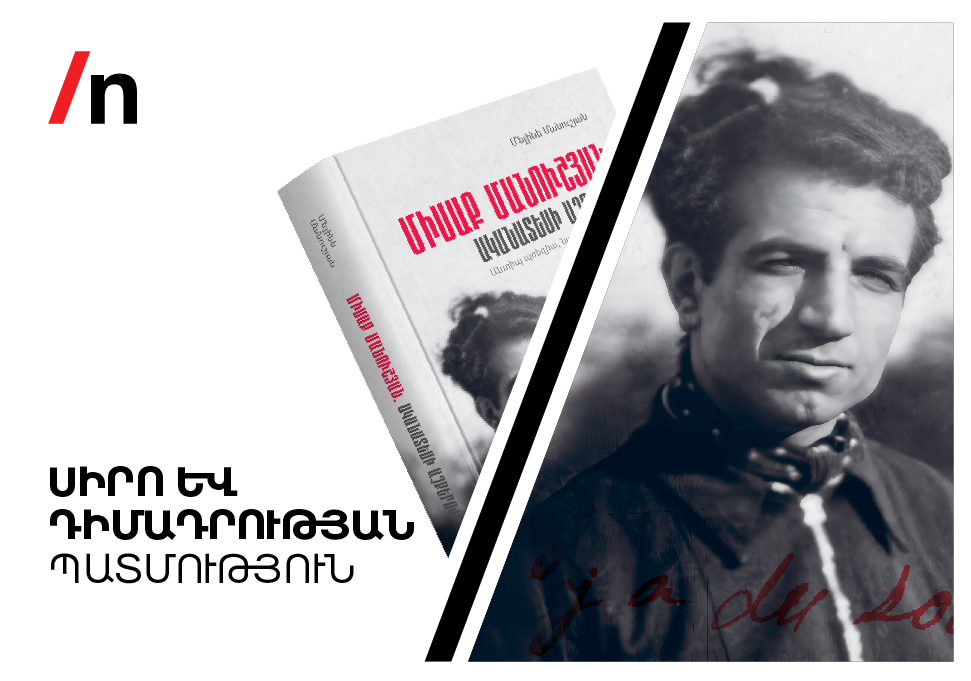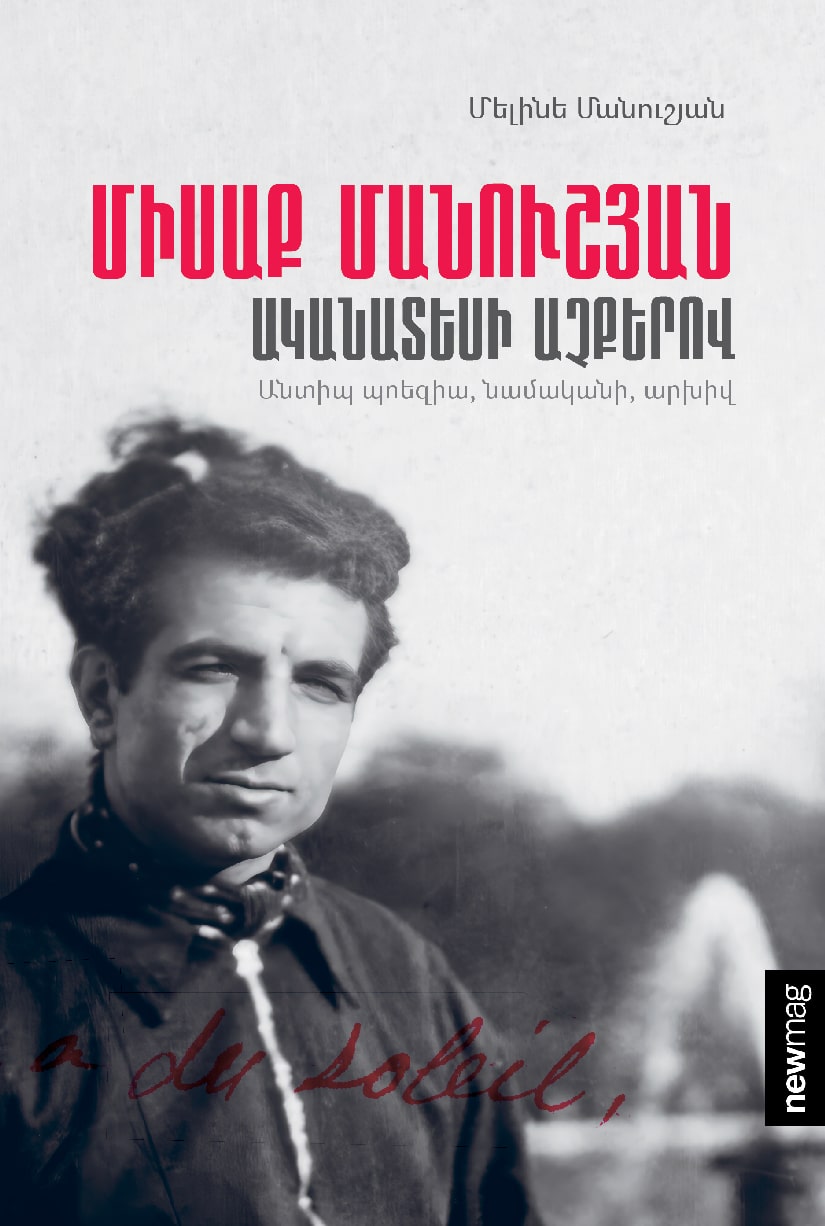A Story of Love and Resistance: “Missak Manouchian: Through the Eyes of an Eyewitness by Meline Manouchian” (Video)
11/25/2024

This memoir by Méliné Manouchian, the wife of Misak Manouchian, is a deeply personal and moving testimony. Through her vivid and emotional narrative, Méliné offers details of their shared journey that no one else could recount with such intimacy and precision.
"My precious Méliné, my beloved little orphan. In a few hours, I will leave this world. We will be shot today at 3 o'clock in the afternoon. I know that I will never see you again... I deeply regret that I did not make you happy. I would have loved to have a child with you, as you always dreamed."
These touching words come from Misak Manouchian’s last letter to his beloved wife, written just hours before his execution. That letter, brimming with love and sorrow, ultimately became one of the most poignant symbols of their bond. Years later, in honor of their sacrifice, France reburied them together in the Paris Panthéon, where they now rest side by side, alongside luminaries such as Victor Hugo, Jean-Jacques Rousseau, Marie and Pierre Curie, Émile Zola, and Alexandre Dumas.
Misak Manouchian, a freedom fighter with the soul of a poet, was one of the leaders of the French Resistance during World War II. Having survived the Armenian Genocide, he arrived in France with his brother and grew up in an orphanage. He worked as a lathe operator at the Citroën factory and later as a modeler, all the while nurturing his love for literature by founding magazines and writing articles.
In 1935, Misak met Méliné, his future wife and fellow survivor of the Genocide. Both orphans, they found solace in each other and became devoted to the anti-fascist cause. As members of the French Communist Party and the Immigrant Workers’ Force, they fought valiantly in the French Resistance. Misak eventually led a group of foreign partisans under the "French Riflemen and Partisans" underground movement.
Their fight was met with relentless opposition. The Nazi regime sought to discredit them by distributing the infamous “Red Poster,” a propaganda tool emphasizing the foreign origins of Misak and his comrades. Despite this, the group continued their efforts until November 16, 1943, when Misak and 23 teammates were arrested. Méliné managed to escape, though she was sentenced to death in absentia.
On February 21, 1944, Misak and his comrades were executed at Fort Mont-Valérien. On the morning of his execution, Misak wrote another letter to Méliné, reflecting on his life and forgiving his enemies, except those who betrayed him:
"Today is sunny. Looking at the sun and the beautiful nature I love so much, I say goodbye to life and to all of you—my very dear wife and friends. I forgive all those who have harmed me, except those who betrayed us to save their own skins."
Méliné’s memoir, “Misak Manouchian: Through the Eyes of an Eyewitness”, captures these harrowing yet inspiring moments. Published by Newmag, it brings to life the love, courage, and unwavering resistance of a couple who became symbols of hope and sacrifice.

Meline Manouchian
7800 ֏
Description
On February 21, 1944, the Nazis shot 22 members of the French Resistance in the Mont Valerien castle, not far from Paris. They remained in history as "Manouchian's group". This memoir of Misak Manouchian's wife and friend of the struggle, Meline, is a very personal testimony. Many events and details described in the book could not be told by anyone else with such accuracy and sensitivity. The book contains documents and letters (some never published), which help to see Manouchian in a new light. The hero of the resistance movement dreamed of remaining a poet and living with art and music. The group led by Misak Manouchian stood out for its actions in 1941-1943: murders of high-ranking Nazis, sabotage, disruption of trains transporting weapons and ammunition, failures of German military facilities. The book helps to imagine the "Armenian resistance" within the French movement, its roots, psychological and human characteristics. Meline and Misak, two orphans who survived the Genocide, along with many other Armenians, intellectuals, artists, who took refuge in France from all over the world, participated in the resistance of the country that gave them shelter and waged their struggle against evil and for dignity.
Read also

Winterfest to feature David Georgyan’s sci-fi action novel Impedance (trailer)

At Winterfest 2026, Newmag will present Marianna Hakobyan’s “Don’t Change the Names” (trailer)

Closing and Award Ceremony of the “Sprout in Armenian – 2025” Competition at Newmag Winterfest

“I hope my story will inspire many and help them keep believing and dreaming.” Henrikh Mkhitaryan’s welcoming speech to Armenian fans (video)

